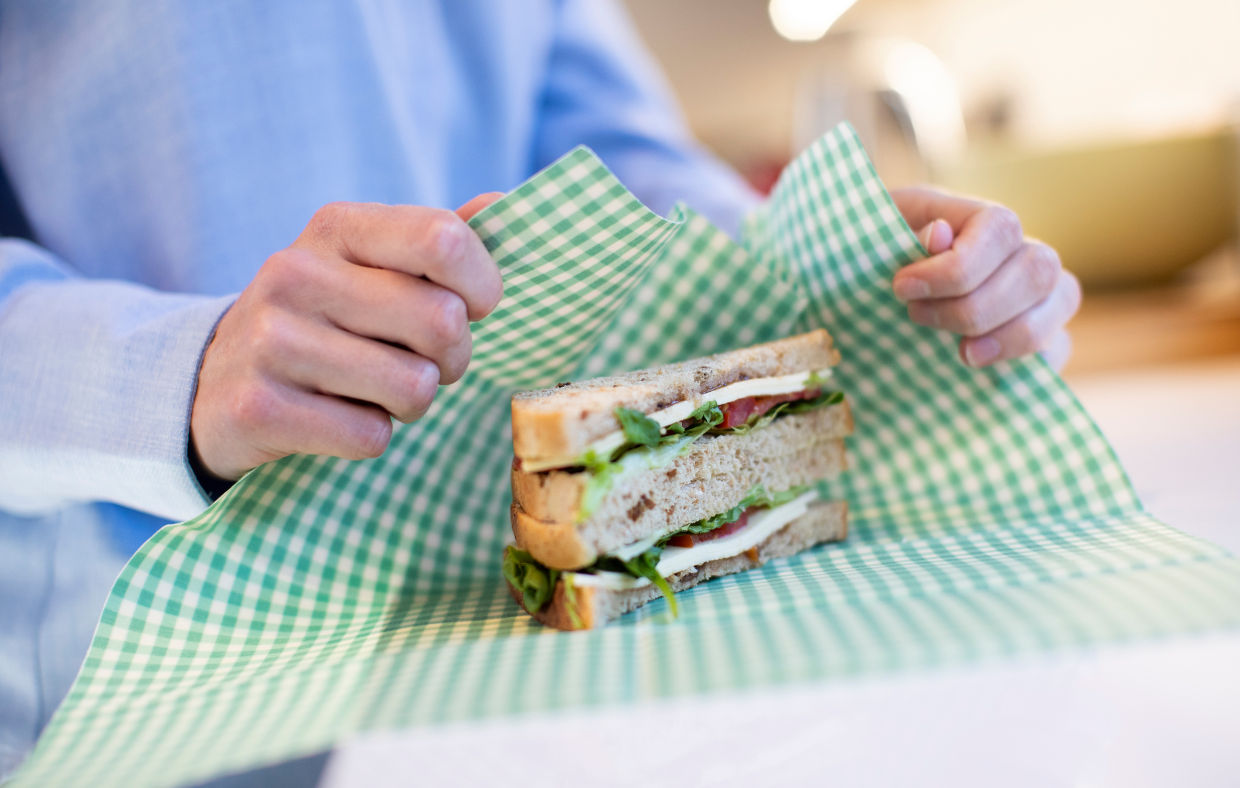
The kitchen is not just a place for culinary creations; it’s also a hub for generating waste. However, with a little creativity and mindful practices, much of this waste can be repurposed, recycled, or reused, contributing to a more sustainable and eco-friendly lifestyle. Let’s explore some innovative ways to handle kitchen trash, transforming it into valuable resources rather than discarding it thoughtlessly.
Recycling Food Scraps for Composting
Food waste is a significant contributor to landfill mass. However, instead of tossing food scraps into the trash, consider composting them. Composting is a simple process that turns organic waste into nutrient-rich soil. Fruit and vegetable peels, coffee grounds, eggshells, and even some paper products (like unbleached coffee filters) can be composted. This nutrient-rich compost can then be used to nourish gardens and potted plants, closing the loop on organic waste.
Upcycling Glass Jars and Bottles
Glass jars and bottles that once held sauces, jams, or beverages can be repurposed in numerous ways. They make excellent storage containers for dried goods like grains, pulses, and spices. They can also be used to store homemade sauces or salad dressings. Get creative and transform them into candle holders, vases, or even mini terrariums. Reusing glass jars reduces the need for single-use plastics and minimizes waste.
Reusing Vegetable Scraps for Broths and Stocks
Vegetable scraps like carrot peels, onion skins, and herb stems often end up in the trash. Instead, collect these scraps in a freezer bag, and when you have enough, use them to make flavorful vegetable broth or stock. Simmer the scraps in water, strain the liquid, and use it as a base for soups, stews, or cooking grains. This not only reduces waste but also adds depth of flavor to your dishes.
Repurposing Old Towels and Clothing for Cleaning Rags
Old towels, t-shirts, or linens that are no longer suitable for regular use can be transformed into reusable cleaning rags. Cut them into smaller pieces and use them for wiping surfaces, cleaning spills, or dusting. These fabric scraps provide an eco-friendly alternative to disposable paper towels, reducing paper waste and saving money in the long run.
Recycling Plastic Containers and Packaging
Plastic containers that held food items like yogurt, butter, or spreads can be thoroughly cleaned and repurposed for storage. They are perfect for storing leftovers, packing lunches, or organizing small items like buttons, craft supplies, or nuts and bolts in the workshop. Recycling these plastic containers gives them a new lease on life and keeps them out of landfills.
Creating Eco-Friendly Beeswax Wraps
Instead of using plastic wrap or aluminum foil, consider making or purchasing beeswax wraps. These eco-friendly wraps are reusable and can be used to cover food items, wrap sandwiches, or store produce. Beeswax wraps reduce single-use plastic consumption and help keep food fresh without creating unnecessary waste.
In conclusion, the kitchen is a treasure trove of opportunities to repurpose, recycle, and reuse items that would otherwise end up in the trash. By adopting these practices, we can significantly reduce our environmental impact, minimize waste, and embrace a more sustainable way of living. Let’s transform our kitchen trash into valuable resources, paving the way for a greener and more eco-conscious lifestyle.
